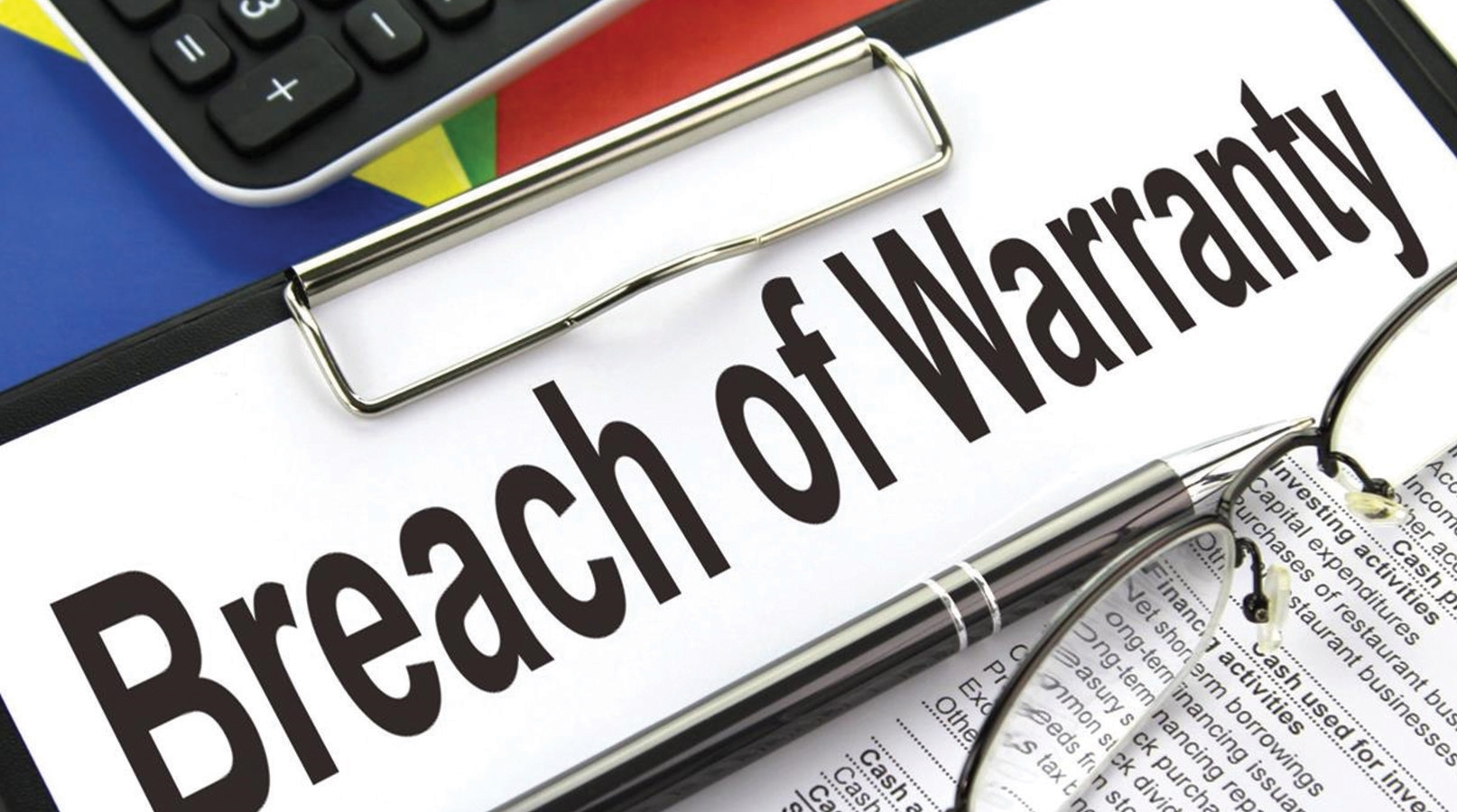Q: Last week, there was a court hearing in the case of Alexey Li from Kazakhstan, which The Russian America newspaper previously reported on. He faced charges related to financial fraud in Houston, with a potential sentence of up to 10 years in prison and a $250,000 fine. You represented him as his lawyer. How did the case conclude?
A: We managed to secure Alexey Li’s release from prison even before the court hearing. Additionally, we negotiated with the prosecutor’s office to ensure the government wouldn’t seek additional punishment for Li. Essentially, the prosecutors agreed to request a sentence equivalent to the time he had already served. The prosecutor did just that. However, the judge initially appeared skeptical, perhaps contemplating an additional prison term. But we successfully argued that Alexey had fully cooperated with the investigation, acknowledged his guilt, and didn’t deserve further severe punishment. Ultimately, the judge sentenced him to the time already served, and Alexey will now be deported to Kazakhstan.
Last week, another client involved in a notable hacking case also left the country. She was part of a group arrested in Houston for opening bank accounts into which funds were fraudulently transferred from other American companies. The group was then moved to a prison in New Jersey, where a major fraud scheme involving dozens of Russian-speaking students on J-1 visas was traced. My client received a sentence of several months, while her accomplice received a longer sentence and remains incarcerated. Recently, as The Russian America reported, the trial of the alleged organizer of this scheme, Murmulyuk, began.
Q: Konstantin from Maryland was stopped by the police and found to be driving with a Russian license. The officer fined him for driving without a valid license. Konstantin claims he arrived from Russia only two weeks ago, though he has been living in the United States for over a year.
A: I’ll answer the question with a question. Did Konstantin receive any other fines along with the fine for driving without a license?
Q: No.
A: That means the “ticket” he received for lack of a proper license is initially unlawful. Legally, a person can’t be stopped for no reason and fined for actions unrelated to traffic rule violations. There should first be a citation for speeding or another offense, and then for a driver’s license. Additionally, not having a license and the requirement to change a license within a specified period are different legal matters. Therefore, there’s every reason for him to go to court and defend himself.
Q: Now a few questions from contract law. We are used to the fact that when purchasing consumer goods, the manufacturer provides a warranty. In Russian, there’s only one concept: “guarantee”. In the U.S., similar terms – warranty and guarantee – are very common. Is there any difference between these English concepts?
A: The legal distinction between them is very subtle, but for consumers, they essentially mean the same thing. Both ‘warranty’ and ‘guarantee’ originate from a term that means “to protect.” Each implies obligations either assumed by the manufacturer or imposed on them by law.
Some warranties are directly related to the quality of goods, stipulating that the purchased items must be suitable for a particular use and comply with specific technical standards. Others ensure that goods are “reasonably fit” for their intended purpose. There are also guarantees that pertain to the ownership of a product, such as confirming that the seller legally owns the goods and can transfer ownership rights to the buyer.
The Magnuson-Moss Warranty Act governs written warranties on consumer goods in the U.S. This law doesn’t require sellers to offer written warranties, but if they do, these warranties must meet certain criteria. They should be available for review before purchase and written in understandable language. Key information to be included comprises:
– The issuer’s name and address.
– The product or parts covered.
– Whether the warranty promises replacement, repair, or money reimbursement, including any overhead costs like postage.
– The warranty’s duration.
– Types of damages not covered by the warranty.
– Steps the consumer should take if the product malfunctions.
– Instructions on the dispute resolution process, including whether any informal methods (outside of court) are required for resolving disputes.
– A brief overview of the consumer’s legal rights.
These measures ensure that consumers are well-informed about the protections offered when they purchase a product, allowing for more informed decisions and a better understanding of their rights in case of a product issue.
Consider Warranty Terms When Making a Purchase
When purchasing a product, it is essential to consider the warranty terms. While these terms are typically not negotiable, it is important to understand aspects such as the warranty’s length, the range of defects it covers, and the process for resolving disputes. In some cases, aspects like the cost of an extended warranty period may be negotiable. Many companies offer extended warranties or service contracts for additional periods.
Be aware that some state laws provide even greater consumer protection than the federal Magnuson-Moss Act.
Full Warranty vs. Limited Warranty
The Magnuson-Moss Act categorizes written warranties for consumer products as either full or limited warranties. A full warranty implies that the product will be repaired or replaced at no charge during the warranty period. State and federal laws mandate that the company offering the warranty must repair the product within a reasonable timeframe and make it convenient for the consumer to send and receive the product.
Many stores provide their own short full warranties (thirty to ninety days) in addition to what the manufacturer offers. Some premium credit cards may extend the warranty for up to one year on products purchased with these cards. During the extended warranty period, the responsibility for repair or replacement shifts to the card-issuing bank after the manufacturer’s warranty expires.
Limited warranties, which are more common, cover only certain parts of the product and usually don’t include labor costs.
Express and Implied Warranties
Express warranties are specific product support promises made by the seller or manufacturer, whether in writing or verbally. For example, if you sell an old car and promise it will last another 10 thousand miles, this is an express warranty. It is a concrete statement about the product’s capabilities, not just an opinion about its quality or value.
Implied warranties, in contrast, don’t need to be explicitly stated by the seller or manufacturer. These warranties are automatically included in certain transactions. There are two main types: the implied warranty of merchantability and the implied warranty of fitness for a particular purpose. The first ensures the product is of average quality and suitable for the purpose for which it is sold. The second applies when a buyer relies on the seller’s expertise to select a product for a specific purpose.
Implied Warranty of Merchantability
The implied warranty of merchantability is a legal obligation on the part of the seller, applicable when the seller deals exclusively in a specific class of goods. It ensures that the goods sold or leased are fit for the purpose they are bought or leased for. For instance, when purchasing milk from a supermarket, this warranty ensures you are buying drinkable milk and not a harmful substance. However, this warranty wouldn’t apply to a private car seller since that person doesn’t regularly sell cars.
Implied Warranty of Fitness for a Particular Purpose
This type of warranty differs in that it applies regardless of whether the seller is a professional dealer or a layperson. It assures that the goods will be fit for the purpose you’ve communicated to the seller. For example, if you sell a car to a friend, and your friend intends to use it to tow a trailer full of gravel, you are implicitly guaranteeing that the car is fit for this purpose. If the car fails to do so, the warranty is breached. However, if your friend buys the car solely for parts, the warranty of fitness for a particular purpose doesn’t apply, as the car’s drivability is not a concern in this transaction.
Duration of Warranties
The duration of warranties varies based on the transaction and the law applicable in the state. Typically, you have up to four years from the completion of the transaction to make warranty claims. However, this period can be shorter for written warranties, as they contain specific terms and conditions. For instance, an MP3 player might have a 90-day warranty, whereas a new car warranty might extend for several years or cover a certain number of miles.
Waiving Warranties
Sellers can disclaim warranties, but this must be done before the completion of the sale. Express warranties and, in most states, implied warranties of merchantability or fitness can be excluded with a written contract that clearly overrides these warranties. To exclude the implied warranty of merchantability, the term must be explicitly mentioned in the disclaimer. Alternatively, the seller can state that the goods are sold “as is.” The implied warranty of fitness for a particular purpose can also be waived with a written clause in the contract. However, a direct warranty stated in the contract cannot be disclaimed.
Laws vs. Contractual Warranties
Contractual warranties can indeed be superseded by laws in certain cases. “Lemon laws,” which are laws pertaining to defective products, serve as a prime example. Many states have enacted these laws to provide additional protection to consumers, particularly in the context of new car purchases. If a new car turns out to be significantly flawed or defective – meeting the legal definition of a “lemon” – these laws may offer remedies beyond the scope of standard warranties.
Consequential Damages in Warranties
Consequential damages refer to the losses incurred as a result of a product’s defect. This includes not only the time and expenses spent on repairs but also any indirect losses like missed opportunities or additional work caused by the defect. For instance, if a new computer fails and leads to the loss of several weeks of work, the warranty might cover the replacement of the computer. However, it is unlikely to cover the time lost, any installed software, lost work, or lost customers. These are all examples of consequential damages that are typically excluded from standard warranty terms. In such cases, the law places the onus on consumers to protect themselves, often leaving them to bear the cost of these indirect losses.
It is important for consumers to understand the limits of warranties and to recognize that while warranties can provide a degree of protection, they may not cover all forms of damage or loss resulting from a product defect. This understanding is crucial in managing expectations and preparing for potential issues with purchased products.
Alisa Lisina, “The Russian America” newspaper, April 1, 2012







